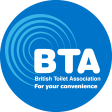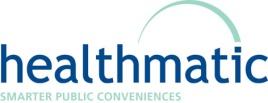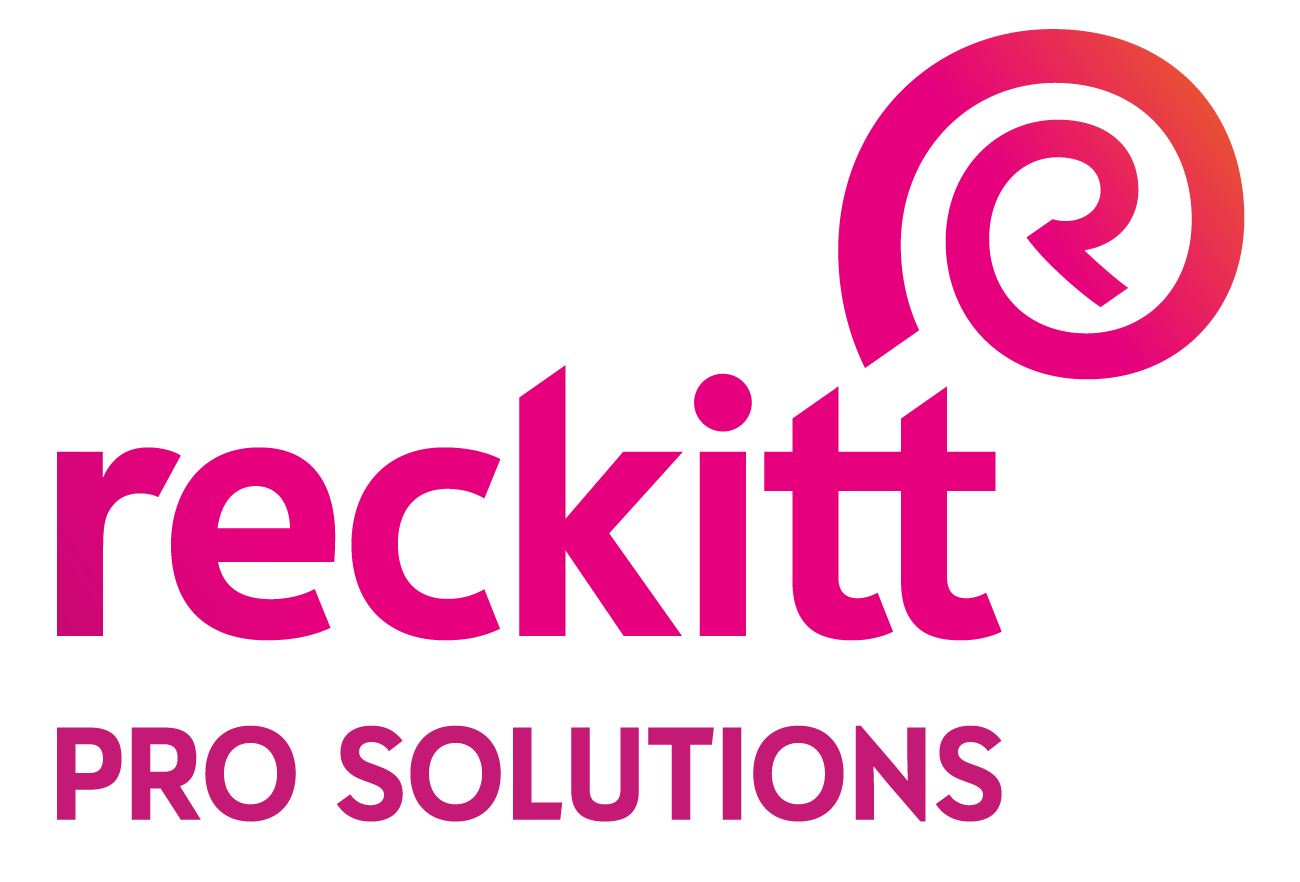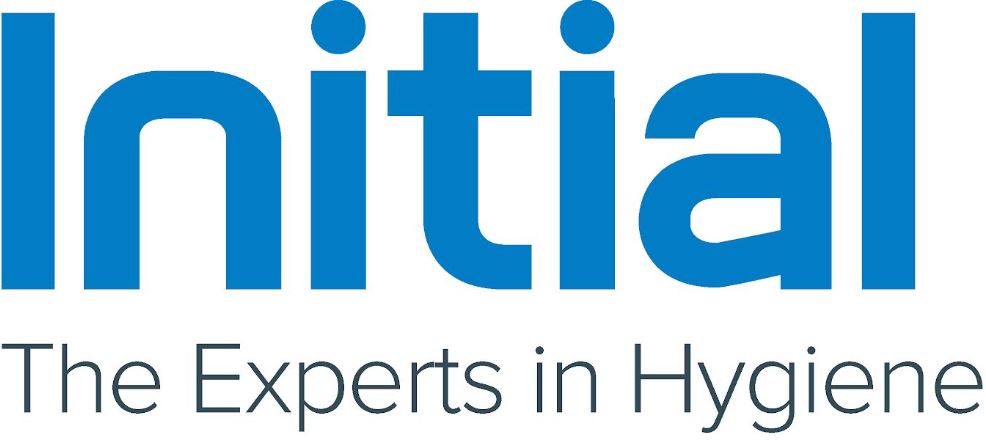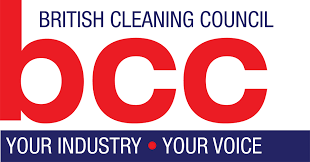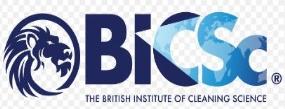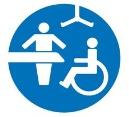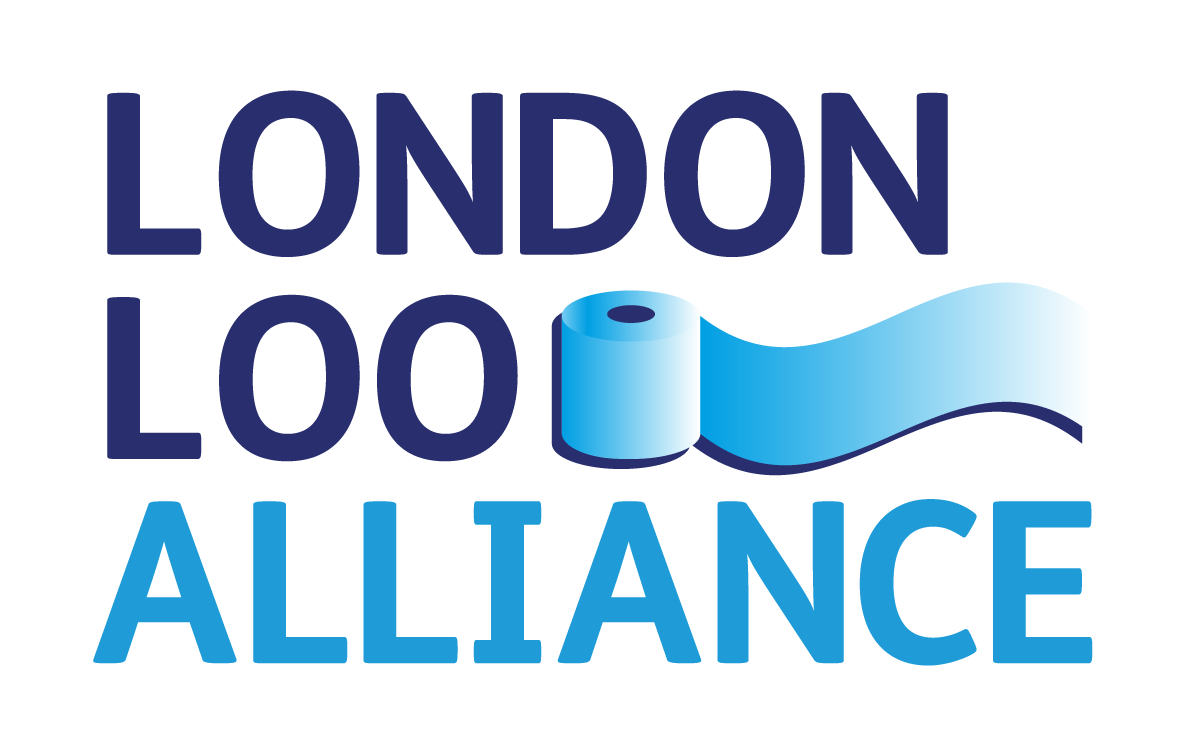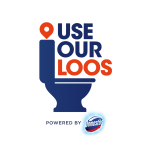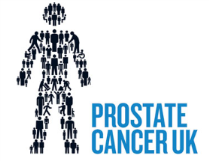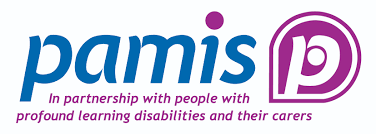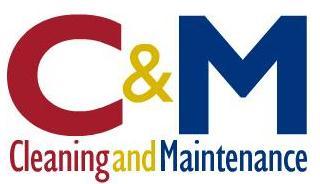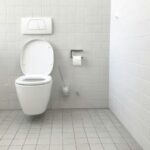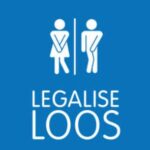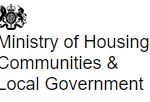Coronavirus (Covid-19) BTA GUIDELINES

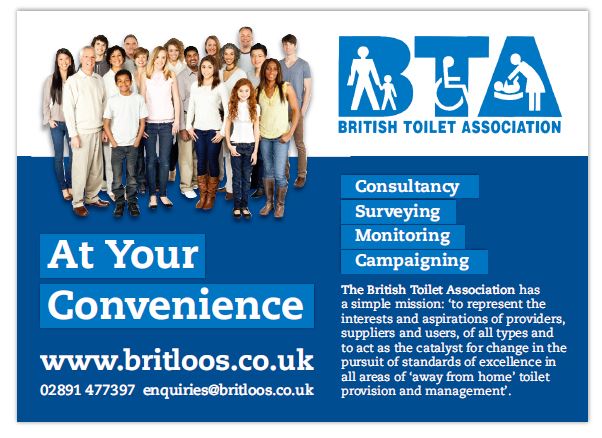
The BTA has been continuing to work throughout the pandemic to offer advice and guidance to all our members as well as providers and suppliers; on the importance of publicly accessible toilets. Each day we have been talking with experts around the world on cleaning and hygiene technologies and methodologies – WOW it;s been a steep learning curve !
This virus is posing a lot of questions on HOW do we kill it – WHAT do we use to kill it, HOW often do we apply product and/or WILL it return.
The government has offered little if NO guidance other than Hand washing and really hasn’t put any serious thought into the effects or long-term battle. From our research to date we are beginning to understand the quickest, safest and hopefully most effective methods to treat surfaces.
1. STEAM – high pressure steam cleaning will certainly kill the virus. So opening up a toilet block using this method offers the best results. It’s then a matter of how many times you can repeat this process.Some cleaning companies are using Hand-Held steaming devices to get into tight recesses
2. UV LIGHT – is very effective on all viruses (including Covid19) and can be applied using a hand-held wand. Care must be taken to apply the light for a period of several seconds on specific areas – as it takes a few moments for the UV to do its job. We have seen larger industrial units that circulate air through a UV prism which is very effective – but the cost of these is in excess of £3k.
3. One of our BCC colleagues helped to set up the Nightingale Hospital in Glasgow and her role was to train the cleaners. She went at length to maintain that good thorough cleaning with mild detergents or simple soap/fluid and hot water was just as effective. Again the importance of continued cleaning was the absolute key to maintaining a high level of hygiene.
4. BLEACH — I know it’s a forbidden substance in many councils – but it certainly kills Covid-19. We are aware that in these extremely threatening times that many cleaning operatives (fearing for their own safety as well as wanting to keep the public safe) may be resorting to using a mild/diluted solution to make sure that the surfaces are clear and free from this deadly intruder. We’re not condoning it – just putting it out there.
As you would expect, we are being bombarded with a range of products that companies would like us to endorse — but you will all understand that we cannot specify any particular brands or technologies until we have verified the bench tests & clinical trials — and in most cases that is probably many months away. So we are planning to feature some products ad processes that might give you ideas and concepts to persue yourselves.
We have repeatedly asked this government for the opportunity to lead a team of specialists/experts in working to find clear and correct solutions for the vast array of issues regarding public toilets. Everything from:
Surfaces (a complete range of different types..wood,plastic,stainless steel, formica, paint etc..) and we need to understand how long the virus lives on each – if it is affected by heat/light/cold/rain.wind ??
Touch Points – handles rails, flushes, taps, dispensers, door bolts, partitions Airflow – warm air dryers, aircon systems, windows and ventsSoap – non touch dispensers – replacing with sanitizing liquid – charging
External Sanitizing stations – for members of the public who don’t need the loo or at remote locations
Entry & Exit points – how do people enter and leave the facility – how do we want them to? Clinch/Pinch points? Control and Security
We have raised the issue of emergency funding to get these units brought up to an acceptable standard – perhaps even upgraded – to date there has been absolutely NO response.
We have raised further concerns on the projected increase in tourism and “STAYCATIONS” this year particularly. If our citizens are too scared to travel abroad to other countries for fear of catching any 2nd wave — then it is fair to assume that many may choose to visit the beautiful hills, valleys and seaside resorts of this country and therefore significantly increased numbers will expect to find the toilets open, clean and fit-for-purpose,
As there is still no PRIMARY or STATUTORY LEGISLATION, and more fundamentally no direct FUNDING that compels Local Authorities to to provide Publicly Accessible Toilets then we will continue to see councils struggling to provide clean, hygienic facilities across the country.
The government has been repeatedly asked to make “Emergency Funding” available to get these units reopened and more importantly upgraded to an acceptable standard to hekp fight the current & future viral threats. But again they have failed to respond or focus on these vital facilities. Several letters have been sent to various politicians asking them to address this issue and to make available some revenue to help councils to fight this dangerour viral threat by bringing these essential services up to speed and ready to facilitate the public in the quest for increased hygiene & safety.
£8.2 billion has now been granted to help fight this pandemic and to get the country’s economy flowing again. Without the legislation or requirement for councils to provide decent clean public toilets – many will choose to spend these monies on their mandatory services and long term contracts and our essential facilities will fall further into decline – placing all of us at increased risk of not being ale to find relief or hand-washing facilities when we most need them. Those councils who understand and embrace the need for public toilets have already indicated a substantial rise in the cost of entry — prices will rise to perhaps 50p – £1.00. Many units will move to “card only” access to prevent further contamination from coins. Customers will have to accept that this revenue will surely be needed to sustain the expected levels of hygiene and maintenance in the coming months and years ahead. It might also help to eradicate the problems that many councils are having with homeless sleepers and anti-social activities (including drugs)
BTA continues to work with the British Cleaning Council (BCC) and the British Standards (BSI) to review policies and directives to cleaning operatives, suppliers and providers. Primarily we’re all remote working so contact time is limited and many elements are taking longer to get sign-off or final agreement. The BSI has produced a “Safe working during Covid-19 pandemic” guidance document for orgaisations – follow the LINK below
BSI Guidance on: Use of toilets
The organization should consider additional measures to facilitate the safe use of toilet facilities (including Changing Places toilets used by disabled people) by workers and other interested parties. Actions can include:
a) managing the use of toilet facilities to avoid crowding;
b) establishing more frequent and enhanced cleaning (including touch points such as toilet seats, locks, flushes, grab rails, hoists) and waste disposal;
c) limiting the number of cubicles and urinals available in a block of toilets, to promote physical distancing;
d) using signage to encourage users to close toilet lids before flushing, where lids are fitted;
e) ensuring a system is in place to allow queues for toilets to form outside of the facility rather than in the confined space;
f) requesting workers or visitors to use a single designated set of facilities within a workplace, taking into account users with special needs who cannot comply with this;
g) providing paper towels or electric hand dryers, and ensuring levels of paper towels are monitored and maintained and that there is frequent, safe disposal of waste;
h) using automatic rather than manual equipment (e.g. sensor operated taps, soap dispensers, flushes, foot-operated bins); and
i) increased monitoring and replenishment of supplies (e.g. soap, sanitizer, paper towels, toilet paper).
.
As always, I would be delighted to discuss and expand any of the points raised or still causing you any concern. You have my numbers – and I would welcome a call. Please stay SAFE and ALERT!



